The Honduras History is a multifaceted narrative that weaves together the threads of indigenous civilizations, Spanish colonization, struggles for independence, political upheavals, and the challenges of the modern era. Nestled in the heart of Central America, Honduras boasts a rich cultural heritage and a diverse geography ranging from coastal plains to mountainous interiors. In this comprehensive exploration, we will delve into key periods and milestones, unraveling the layers of Honduras’ complex and fascinating history.
Pre-Columbian Honduras:
Long before the arrival of European explorers, the region now known as Honduras was inhabited by indigenous peoples. The area was home to several advanced pre-Columbian cultures, including the Maya and Lenca civilizations.
The Maya civilization, known for its impressive achievements in art, architecture, and astronomy, left a lasting impact on the region. Copán, located in western Honduras, was one of the major centers of Maya civilization. The intricate stelae and hieroglyphic inscriptions at Copán provide valuable insights into Maya culture and history.
The Lenca, another significant indigenous group, inhabited the western and southwestern regions of Honduras. They were skilled in pottery and agriculture, cultivating crops such as maize, beans, and squash.
Spanish Colonization (16th – 18th centuries):
Christopher Columbus, on his fourth voyage to the Americas in 1502, landed on the coast of Honduras near present-day Trujillo. The Spanish conquistadors, captivated by the potential for wealth, embarked on expeditions to conquer and colonize the region.
In 1524, Gil González Dávila became the first Spanish explorer to venture inland and establish contact with the indigenous peoples. However, it was Pedro de Alvarado who, in 1536, led the successful Spanish conquest of Honduras. The region became part of the broader Captaincy General of Guatemala, a Spanish administrative division that included much of Central America.
Spanish colonization brought profound changes to Honduras. The indigenous populations faced the impact of European diseases, forced labor, and the imposition of Spanish culture and religion. The search for precious metals, particularly gold and silver, fueled Spanish interest in the region.
The city of Comayagua, founded in 1537, became the first capital of Honduras under Spanish rule. Over the years, the capital would be moved to different locations, reflecting the challenges of governing the diverse and expansive territories.
Struggles for Independence (19th century):
As the winds of independence swept through Latin America in the early 19th century, Honduras was drawn into the currents of change. The region became part of the First Mexican Empire under Agustín de Iturbide in 1821 following the successful Mexican War of Independence.
However, the union with Mexico was short-lived, and Honduras, along with other Central American provinces, declared its independence in 1821. The newly independent nations sought to form a federation known as the United Provinces of Central America.
The union, however, was fraught with internal conflicts and power struggles. Honduras experienced periods of political instability, marked by changes in leadership and challenges to the federal government. The dream of a unified Central America proved elusive, and the federation disintegrated in the 1830s.
Foreign Interventions and Territorial Changes (19th – 20th centuries):
Throughout the 19th and early 20th centuries, Honduras faced external pressures and territorial disputes. The nation found itself entangled in conflicts with neighboring countries, including El Salvador and Nicaragua.
The most significant territorial conflict occurred with El Salvador in the late 19th century. The “Football War” of 1969, triggered by tensions over immigration and land issues, brought brief hostilities between Honduras and El Salvador during a period of intense football (soccer) competition.
In the early 20th century, Honduras underwent changes in leadership and political instability. Military coups and political shifts characterized this period, with competing factions vying for control.
The Banana Republic Era and Economic Exploitation (late 19th – mid-20th centuries):
The late 19th and early 20th centuries saw the rise of the so-called “Banana Republics” in Central America, including Honduras. Foreign companies, particularly the United Fruit Company (UFCO), played a dominant role in the economic and political affairs of the region.
The influence of foreign corporations, especially those involved in the banana industry, led to economic exploitation and social inequality. The term “Banana Republic” reflects the economic dependence on a single commodity and the political influence wielded by foreign corporations.
The United States, concerned about stability in the region and the potential for political unrest, intervened militarily in Honduras on multiple occasions during the early 20th century. These interventions, often driven by economic interests, contributed to a legacy of political instability and U.S. influence in Honduran affairs.
Democratic Governance and Challenges (20th century):
The mid-20th century witnessed attempts to establish democratic governance in Honduras. Political reforms and efforts to address social inequalities were met with challenges, including military coups and periods of authoritarian rule.
In 1982, Honduras experienced a historic moment with the return to civilian rule. The transition to democracy marked a shift in the political landscape, and subsequent decades saw a series of democratic governments. However, the country continued to face socio-economic challenges, including poverty, inequality, and issues related to land distribution.
Hurricane Mitch and Economic Recovery (1998):
In 1998, Honduras faced a devastating natural disaster with the arrival of Hurricane Mitch. The hurricane, one of the most powerful in recorded history, caused widespread destruction, claiming thousands of lives and displacing a significant portion of the population.
The aftermath of Hurricane Mitch highlighted the vulnerability of Central American nations to natural disasters and the importance of international assistance in times of crisis. The rebuilding process was extensive, involving efforts to restore infrastructure, provide humanitarian aid, and address the long-term socio-economic impacts.
Contemporary Honduras (21st century):
The 21st century has seen Honduras grapple with a range of challenges, including issues of governance, crime, and economic development. Political tensions, corruption allegations, and concerns about human rights have been prominent in the national discourse.
Honduras has also been affected by high levels of crime and violence, linked to issues such as drug trafficking and gang activity. The country’s geographical location, situated between major drug-producing regions and consumer markets, has contributed to its complex security environment.
Economic development remains a key focus, with efforts to diversify the economy and attract foreign investment. Agriculture, including the production of bananas and coffee, continues to be a significant part of Honduras’ economy. The country has also explored alternative sources of energy, including hydropower and renewable resources.
The question of land distribution and access to resources remains a central issue, with ongoing efforts to address historical inequalities and empower marginalized communities, particularly indigenous and Afro-descendant populations.
Conclusion:
Honduras’ history is a narrative of resilience, adaptation, and ongoing challenges. From the ancient civilizations that once thrived in its territories to the impact of Spanish colonization, the struggles for independence, and the complexities of the modern era, Honduras has undergone significant transformations.
The country’s diverse cultural heritage, influenced by indigenous traditions, European colonization, and external interventions, shapes its identity. Honduras’ landscapes, ranging from the Caribbean coast to the mountainous interiors, reflect the geographical diversity that has played a role in its history.
As Honduras moves forward into the 21st century, it faces a dynamic set of opportunities and challenges. The quest for democratic governance, economic development, and social justice remains at the forefront of the national agenda. The complexities of Honduras’ history serve as a backdrop to the aspirations of its people for a future that embraces inclusivity, sustainability, and resilience in the face of the ever-evolving currents of time.


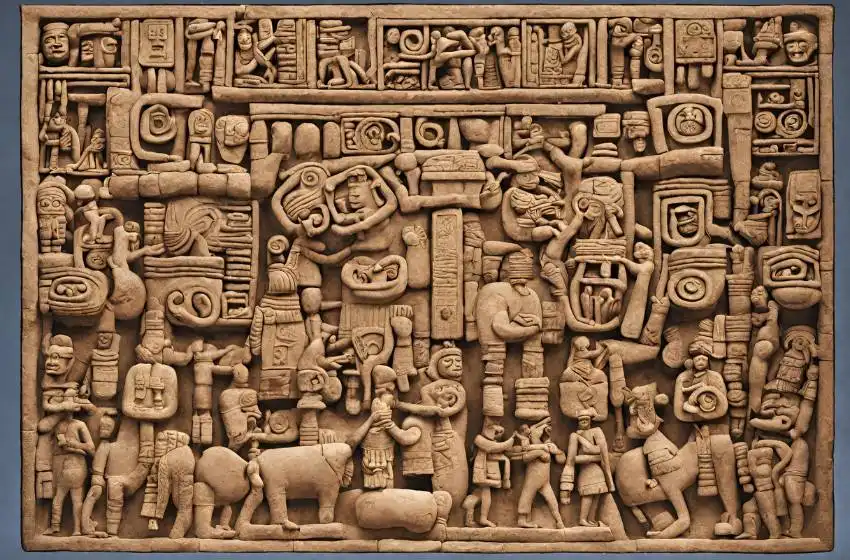
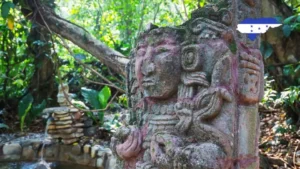

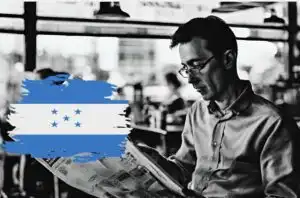


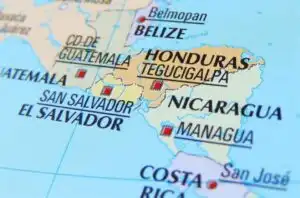
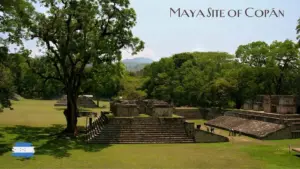
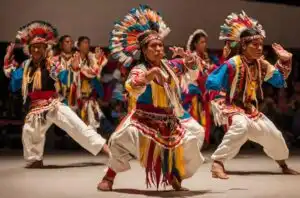
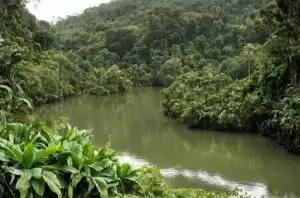
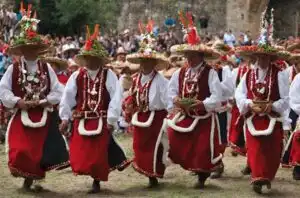
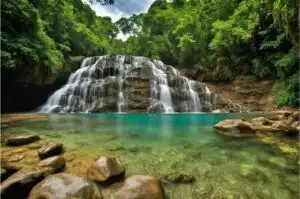
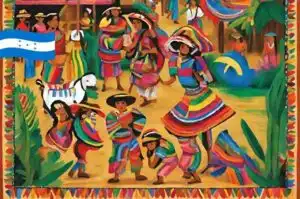



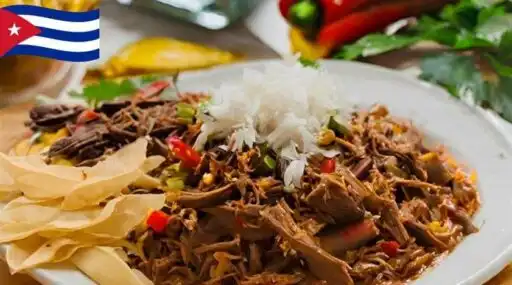
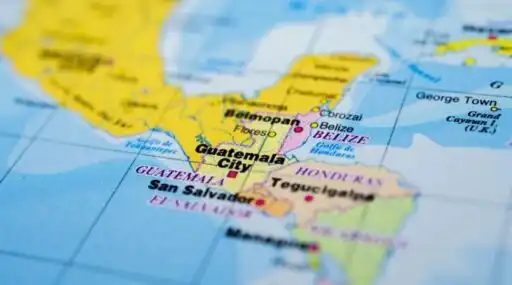




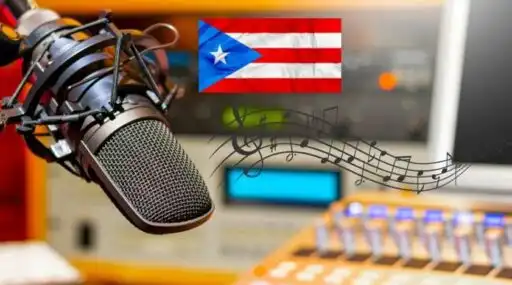
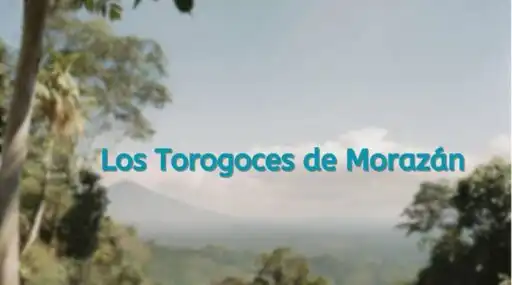
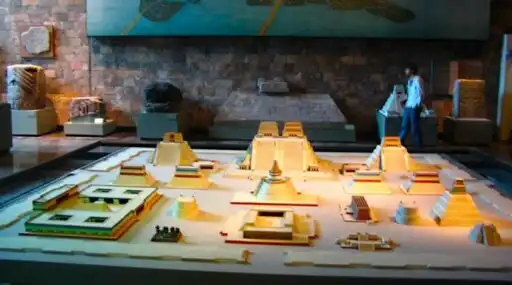


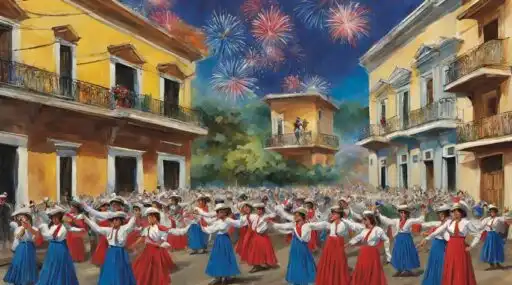
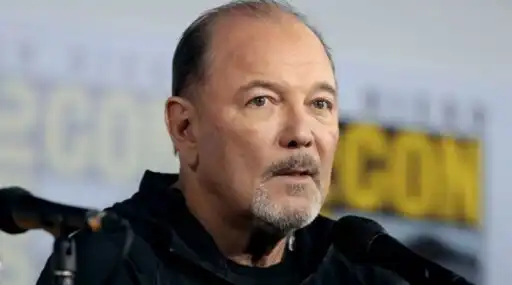
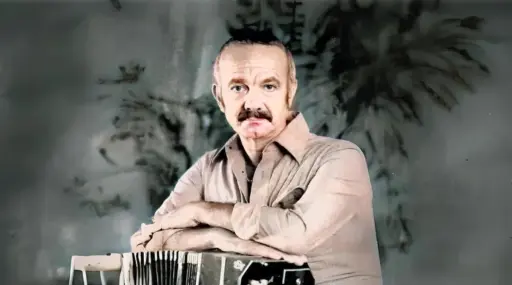

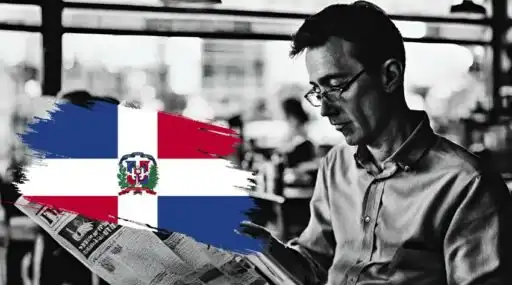
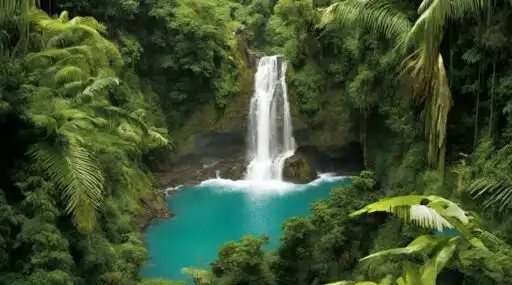
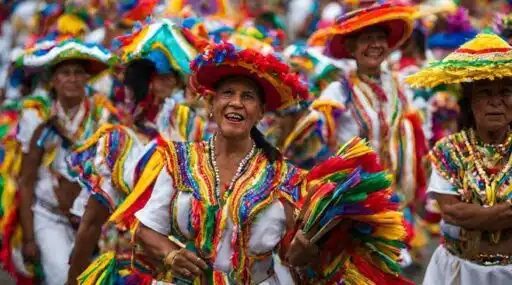
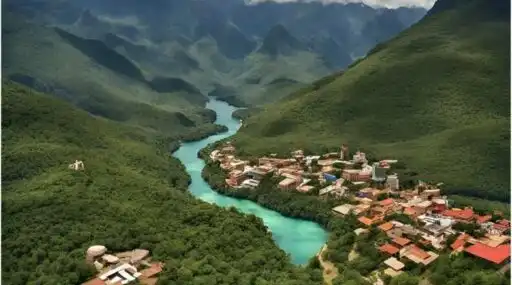



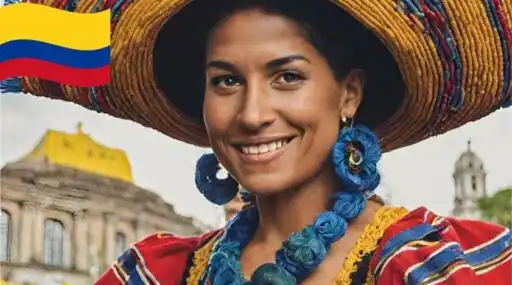
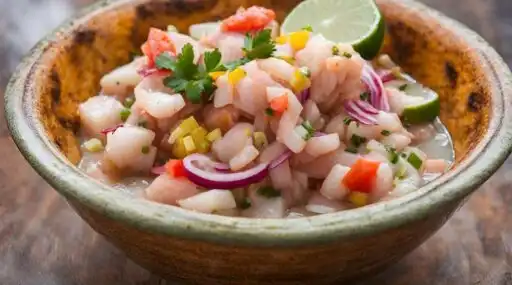

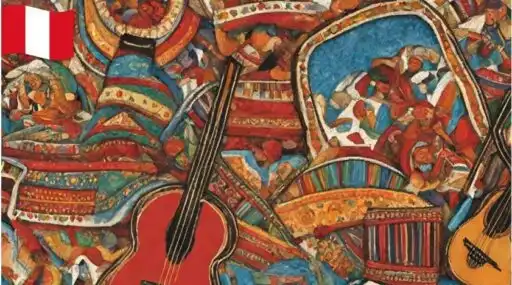
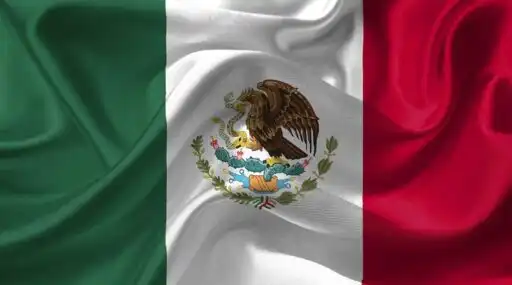


Leave a Reply